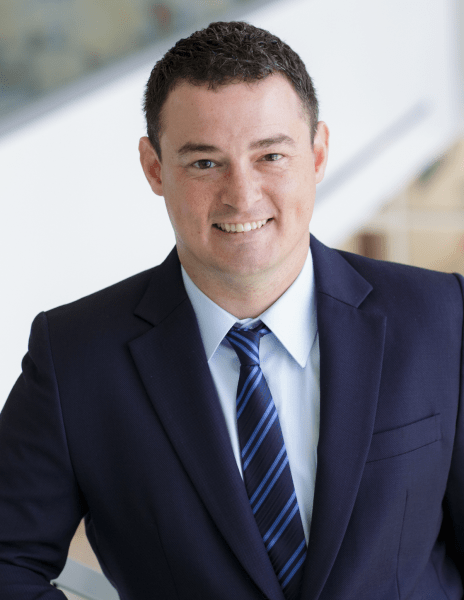University of Florida neuroscientists are embarking on a new study to understand the impact of COVID-19 on the cognitive, mental and brain health of older adults, as well as the impact of social isolation on them.
Led by Adam J. Woods, Ph.D., the study will be funded by a $700,000 supplement from the National Institutes of Health that will be linked with Woods’ ongoing large Phase 3 clinical trial testing whether the use of a technique called transcranial direct current stimulation, or tDCS, can amplify benefits of cognitive training in older adults.
“This new study will help us to understand whether there are factors that make people more or less resilient to the effects of COVID-19 and social isolation,” said Woods, associate director of UF’s Center for Cognitive Aging and Memory and an associate professor of clinical and health psychology in the College of Public Health and Health Professions. “This information will be important for identifying methods that may be helpful in protecting older adults from cognitive and mental health effects of future pandemic outbreaks.”
The new study will become part of an overarching study called Augmenting Cognitive Training in Older Adults, or ACT, which is the largest clinical trial to date to test tDCS, a noninvasive therapy that involves passing a weak and safe electrical current through electrodes affixed by a person’s scalp for no more than 20 minutes at a time. Funded by a $5.7 million grant from the National Institute on Aging, the ACT Study includes 360 trial participants who are simultaneously undergoing tDCS and “cognitive training” — engaging in computer tasks that increasingly get more difficult.
The new study will investigate the impact of COVID-19 and social isolation on trial participants, who range in age from 65 to 89, with two-thirds of participants at UF and one-third at the University of Arizona.
This story originally appeared on UF McKnight Brain Institute.
Check out more stories about UF research on COVID-19.

